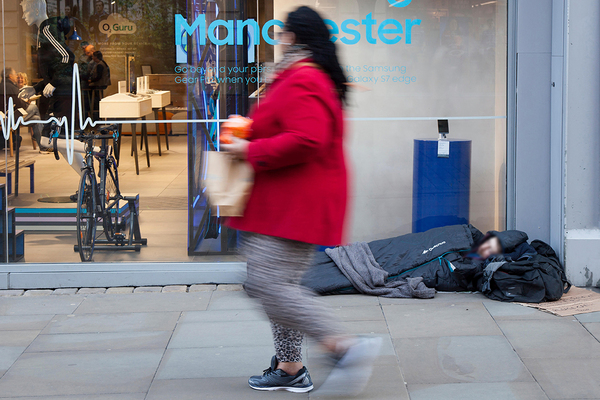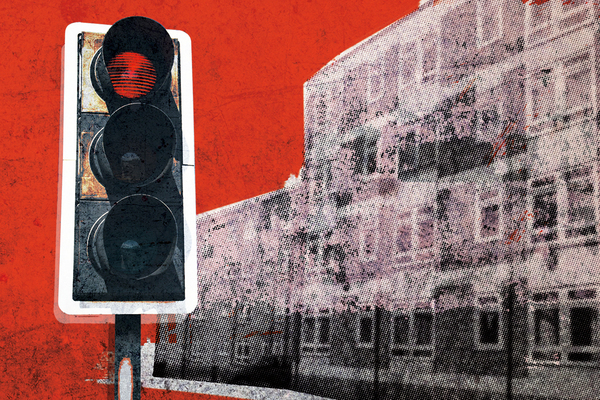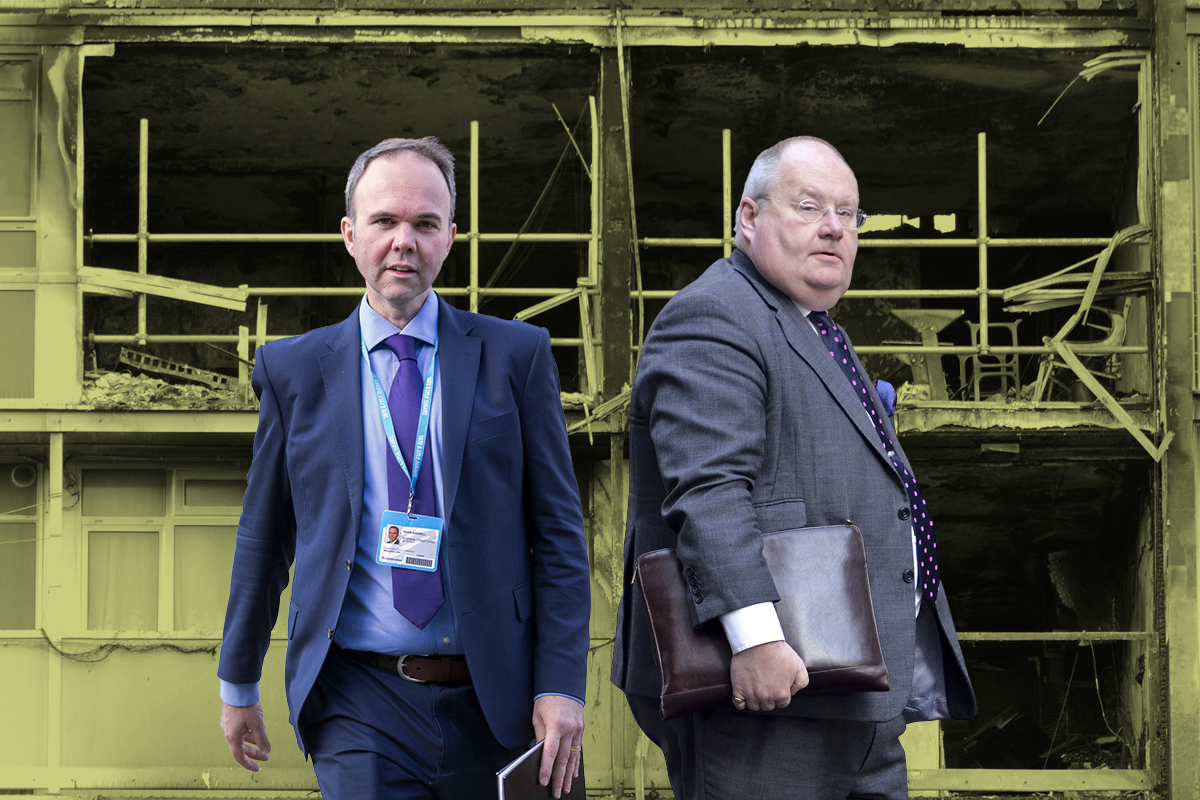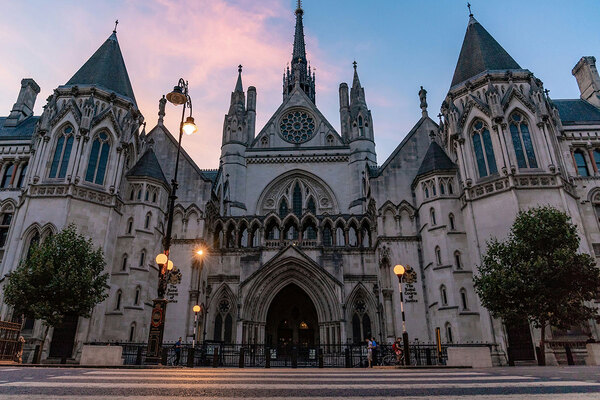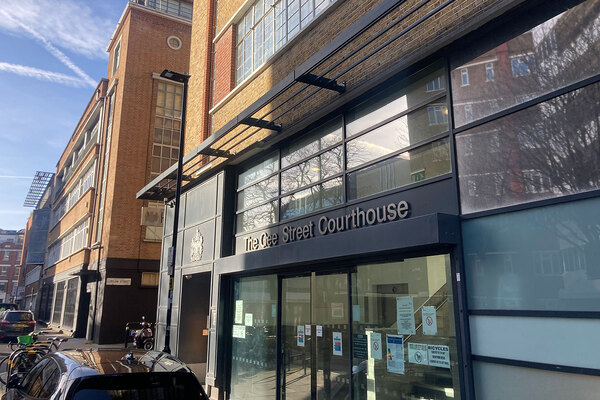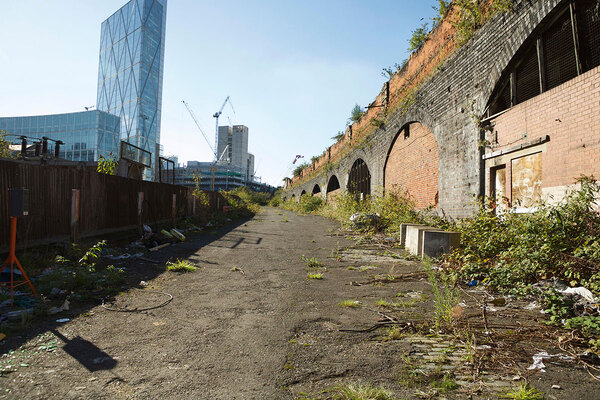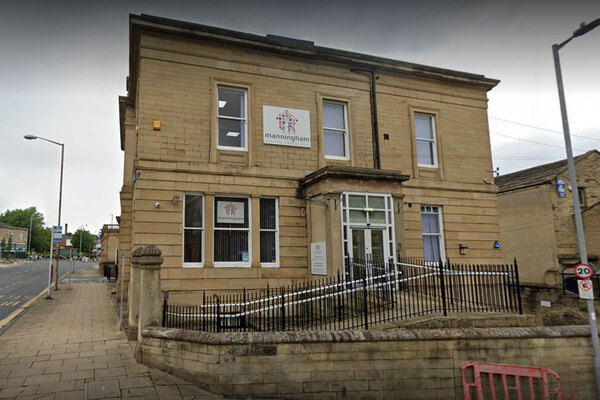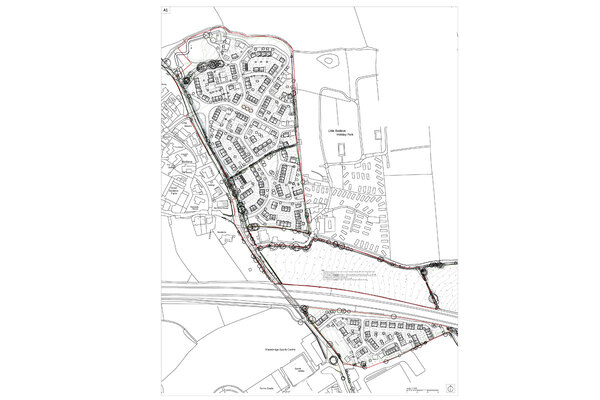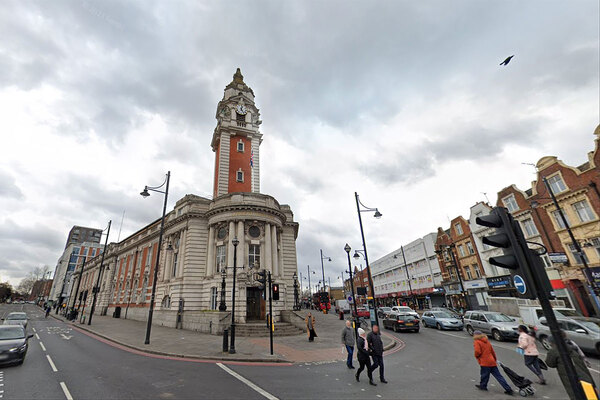Assaults on frontline staff rise 10% in a year, survey reveals
Assaults on frontline social housing workers rose by more than 10% this year, with more than 2,000 verbal and physical attacks on staff members.
Exclusive research by Inside Housing reveals 2,006 reported instances of abuse among 25,519 staff – a rate of 7.9 assaults for every 100 housing staff. This is a rise of 11.3% from last year, when 1,636 assaults were reported among 23,199 staff – a rate of 7.1 in every 100.
The data also shows an upward trend in the number of physical assaults being reported. In 2017/18, 161 assaults were reported – the equivalent of one assault for every 144 workers. In 2018/19, the number rose to 208 or one assault for every 123 workers.
The figures were obtained via Freedom of Information Act (FOIA) responses from 139 stock-holding local authorities and survey responses from 28 housing associations.
Melanie Rees, head of policy at the Chartered Institute of Housing, said housing associations and local councils encouraging more people to report such incidents could have had an impact on the figures – but said the policy environment of welfare cuts was also increasing tension.
But she added: “Without doubt, the policy backdrop will be having an impact. People having entitlement to benefits stopped or cut, while still being liable for rent – the frustration can spill over.”
This was reflected in our survey’s results, with 56% of respondents saying that changes to welfare policy had increased the risk of being assaulted; only 17% said the changes had made no difference.
“In by far the majority of occasions, when people have been verbally abusive, they have also been experiencing problems with Universal Credit and the bedroom tax,” said one respondent.
John Gray, secretary of Unison’s housing association branch, warned the under-reporting means the figures may be higher than expected. “We are pretty sure that the problem is far, far worse than even these shocking statistics lay out,” he said.
Out of the 62 respondents to our survey who said they were the victims of attacks, one in three didn’t report the incident at work.
Of those who didn’t report, 68% said that they didn’t bother because the “incidents are just part of the job” and 13% said they didn’t have the time. Overall, 36% also said they didn’t report because they believed their employers wouldn’t do anything.
This year’s survey also revealed the extent to which social media contributes to assaults, with staff tracked down and abused on platforms such as Facebook and Twitter.
One respondent said they were labelled a “public nuisance” on Twitter and told they “should be put in a bin” – a Tweet that garnered likes from several other residents. Another worker recounts how a tenant had threatened to “cause him physical damage” and “tear off his ears” in a post on Facebook.

